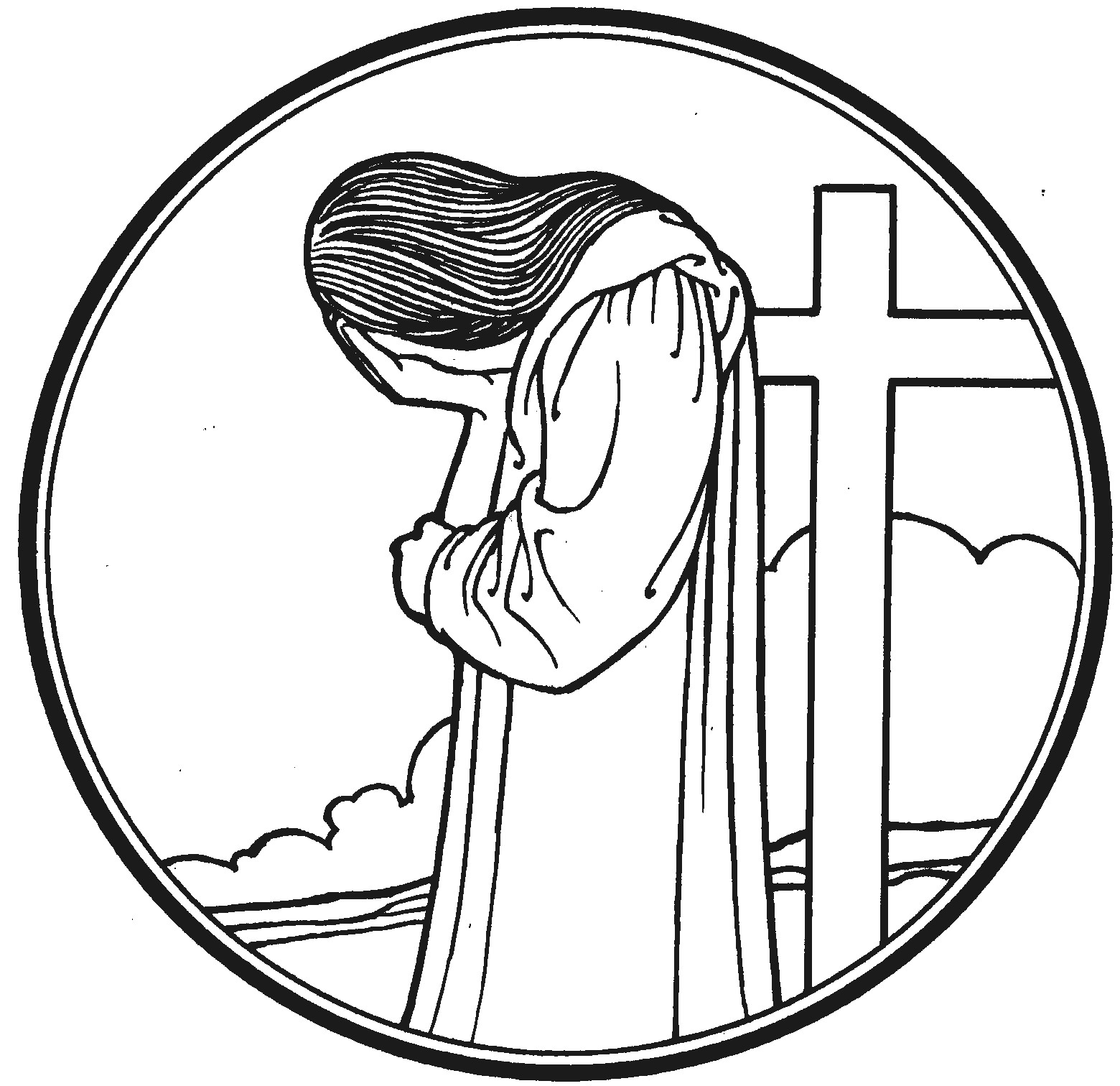Tag: John 16:16-22
-

Fourth Sunday of Easter
~ Jubilate ~ Readings: Isaiah 40:25-31 | 1 Peter 2:11-20 | John 16:16-22 Text: John 16:16-22 Alleluia! Christ is risen! He is risen indeed, alleluia! Among the many promises of God, we have our favorites: But there’s another promise which the Lord makes in today’s Gospel. It probably won’t make anyone’s list of favorites, or…
-

Fourth Sunday of Easter (Jubilate)
Readings: Isaiah 40:25–31 | 1 Peter 2:11–20 | John 16:16-22 Text: John 16:16-22 Alleluia! Christ is risen! There is a caricature of Christianity that says because Christ is risen, we should always be happy, always be looking up, and seeing the bright side of everything. It’s backed up by dreadful platitudes like, “God has a…
-

Third Sunday after Easter (Jubilate) (John 16:16-22)
Bethlehem Lutheran & Bethel Lutheran Church, Lebanon & Sweet Home, OR Third Sunday after Easter (Jubilate) + April 22, 2018 Text: John 16:16-22 Among the many promises of God, we have our favorites: “Though your sins are like scarlet, they shall be as white as snow; though they are red like crimson, they shall become…